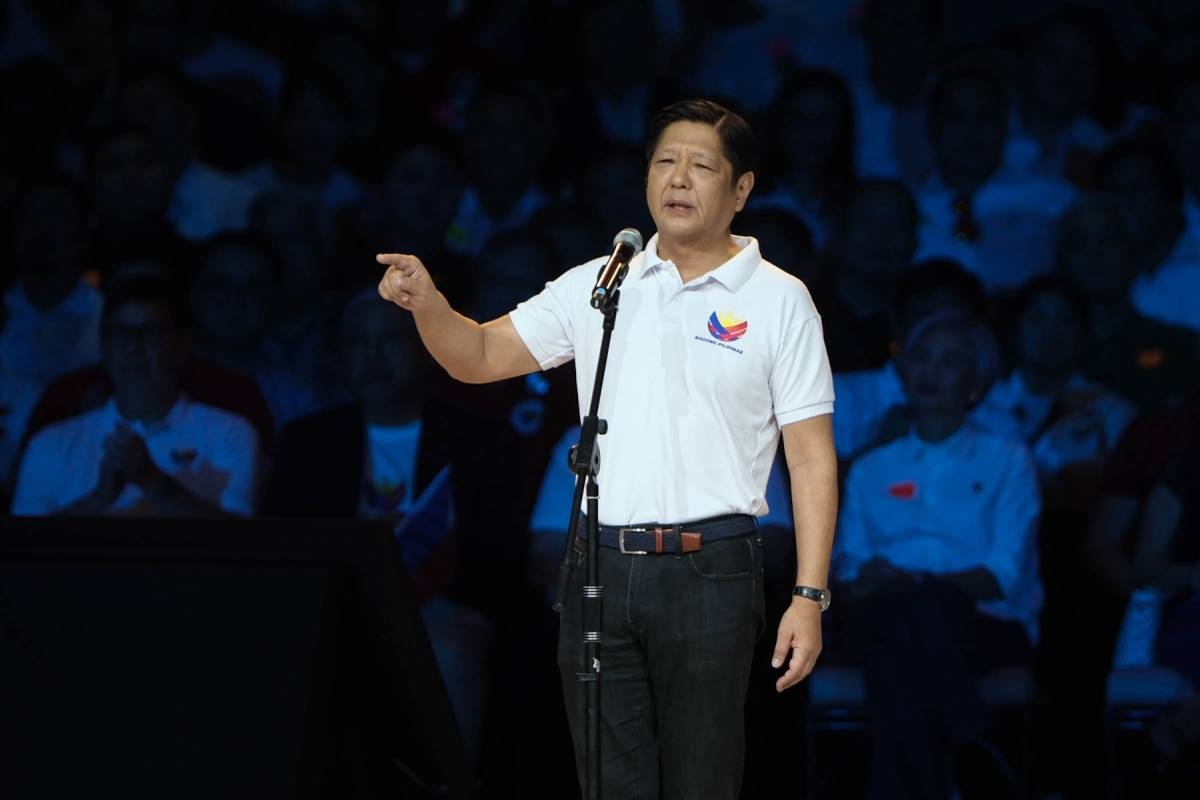In a recent statement, the Philippine Drug Enforcement Agency (PDEA) clarified that President Ferdinand Marcos Jr. was never included in their drug watchlist. This comes as a response to former President Rodrigo Duterte’s claim that during his tenure as the mayor of Davao, he was shown evidence by PDEA that the current President’s name was on the list.
To provide some context, it is important to note that former President Duterte served as the mayor of Davao from 1988 to 1998, 2001 to 2010, and again from 2013 to 2016. On the other hand, PDEA was established on July 30, 2002, and introduced the National Drug Information System (NDIS), which is still in use today.
The NDIS serves as an intelligence database that compiles information on drug personalities from various law enforcement and intelligence agencies. In accordance with the Comprehensive Dangerous Drugs Act of 2002, PDEA regularly conducts intelligence workshops in collaboration with other agencies to keep the NDIS up to date.
Since its inception in 2002, President Ferdinand Marcos Jr. has never been included in the NDIS. It is worth noting that when President Marcos assumed office in 2016, his administration released a list initially referred to as the “narco-list,” later becoming the Inter-Agency Drug Information Database (IDID) after thorough validation and revalidation. However, even on this updated list, President Marcos’ name is not present.
This clarification from PDEA aims to address any misconceptions or confusion surrounding President Ferdinand Marcos Jr.’s alleged involvement in drug-related activities. While former President Duterte claimed to have seen evidence during his time as mayor, PDEA asserts that the President’s name has never been included in their official records.
The PDEA’s statement provides valuable insights into the processes and systems in place to combat the drug trade in the Philippines. By highlighting the establishment of the NDIS and its continuous efforts to collaborate with other law enforcement agencies, PDEA emphasizes its commitment to gathering accurate and reliable intelligence on drug personalities.
It is important to approach such claims and statements with caution, especially when they involve high-profile individuals like President Ferdinand Marcos Jr. The PDEA’s clarification offers a more comprehensive understanding of the situation and serves as a reminder that official records and databases play a crucial role in determining the veracity of such allegations.
As the international audience reads about this development, it is essential to provide them with the necessary context to understand the Philippine legal system and the efforts made by the PDEA to combat drug-related issues. By contextualizing the timeline of events and explaining the purpose and functioning of the NDIS, readers can grasp the significance of President Ferdinand Marcos Jr.’s absence from the agency’s watchlist.
In conclusion, the Philippine Drug Enforcement Agency has clarified that President Ferdinand Marcos Jr. was never on their drug watchlist. By shedding light on the establishment of the NDIS and the validation processes involved in creating the Inter-Agency Drug Information Database, PDEA aims to provide a more comprehensive understanding of the situation. It is crucial to rely on official records and databases to determine the accuracy of allegations, especially when they involve prominent figures.







